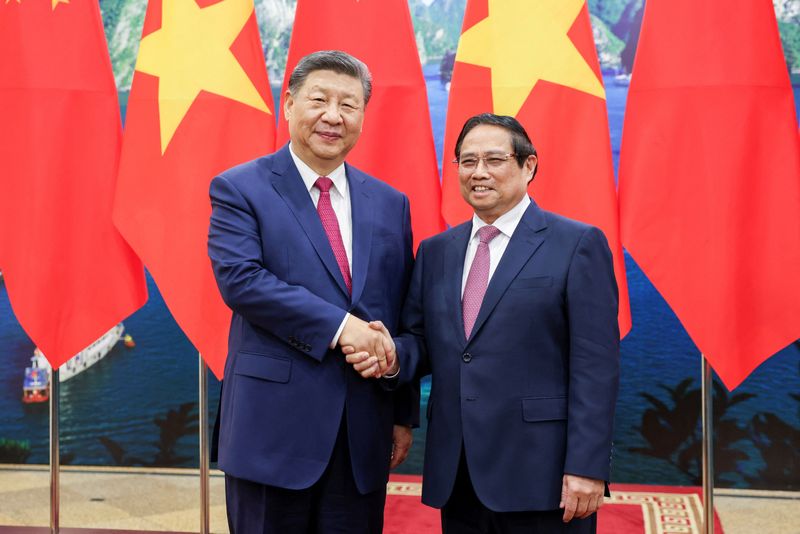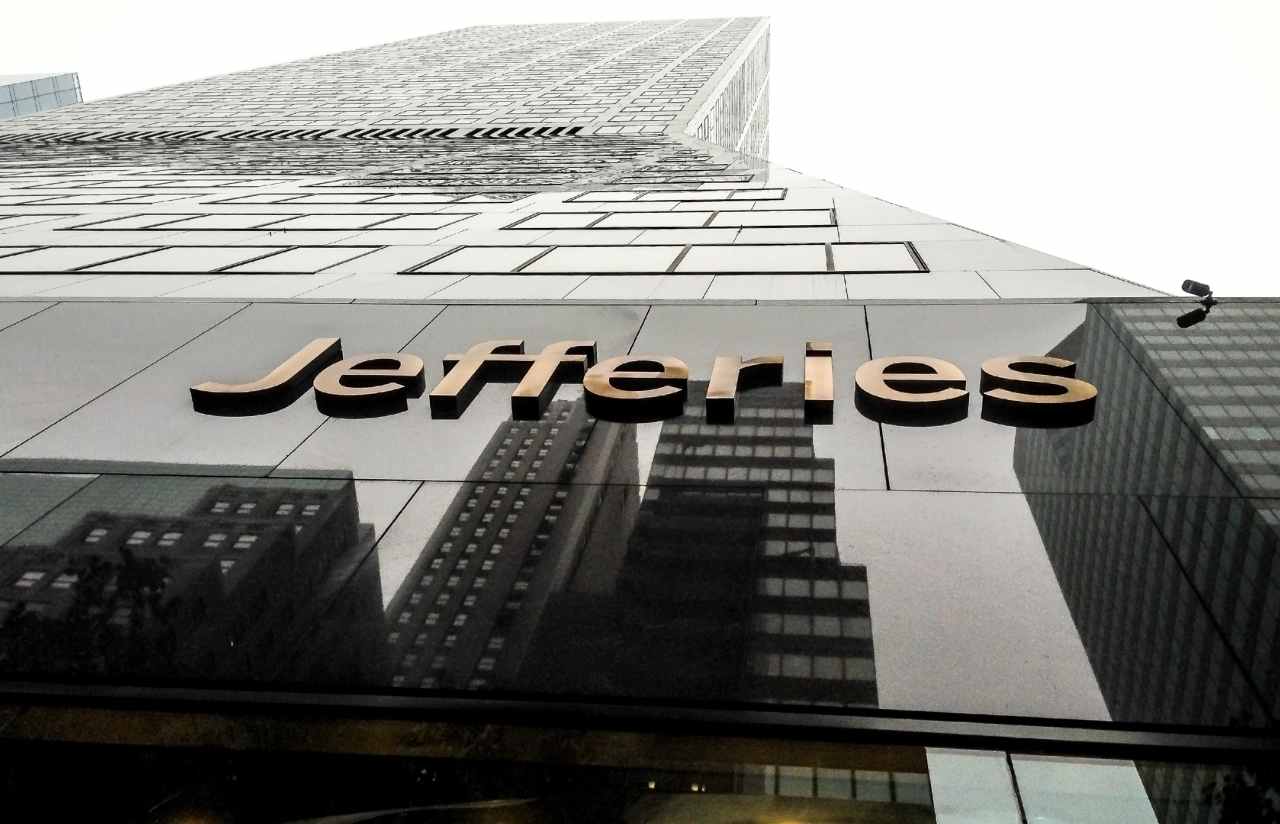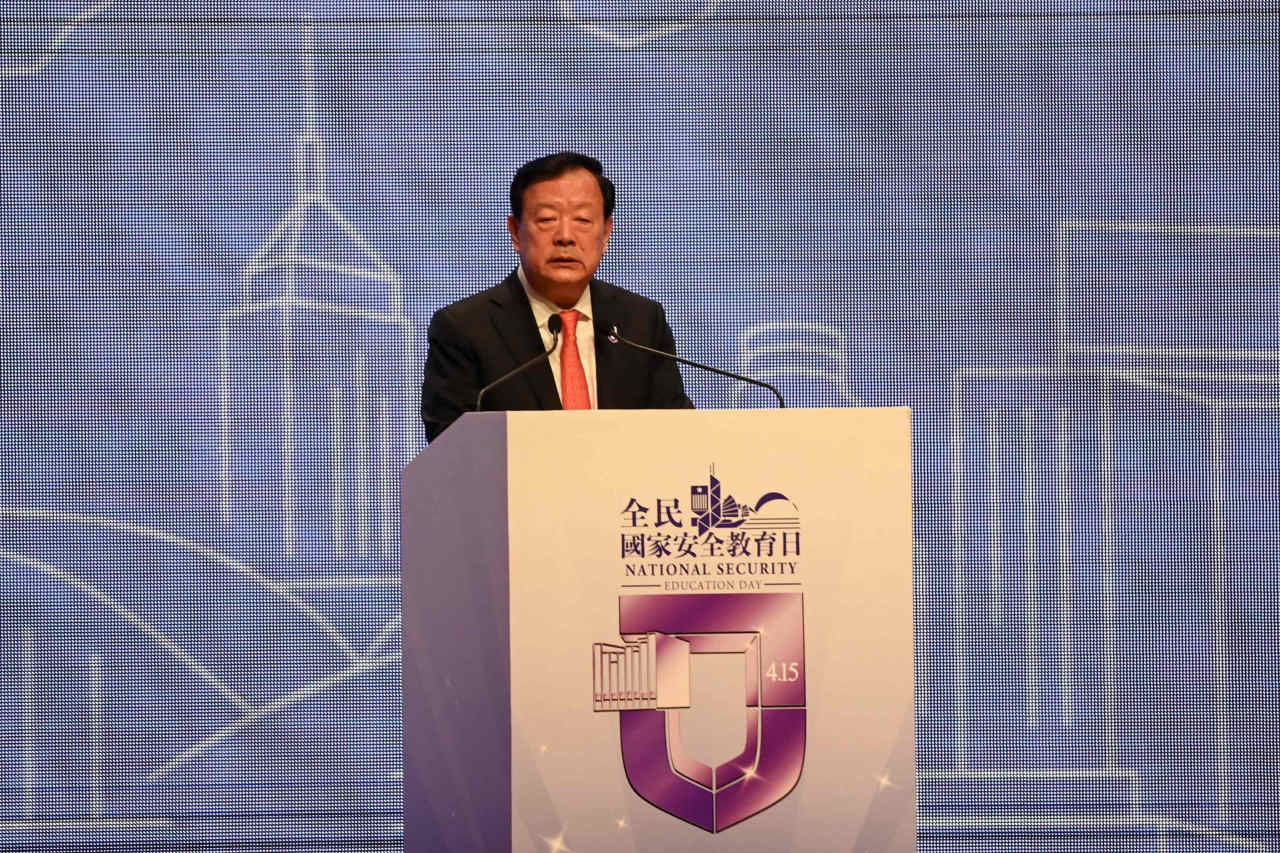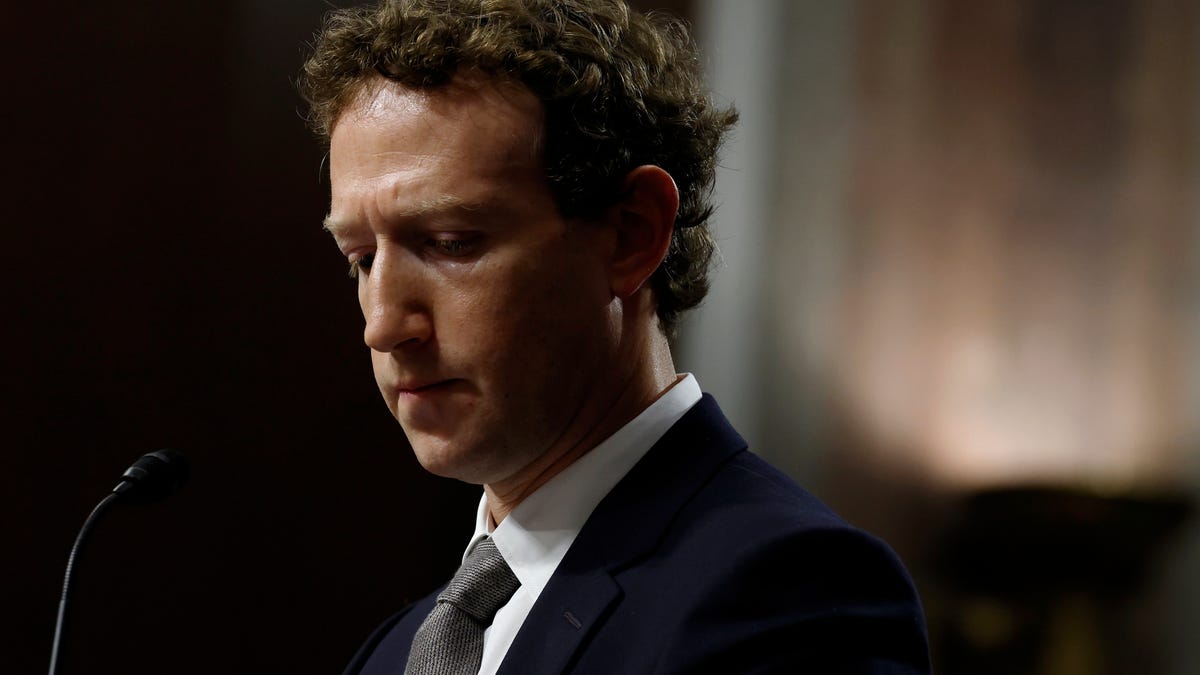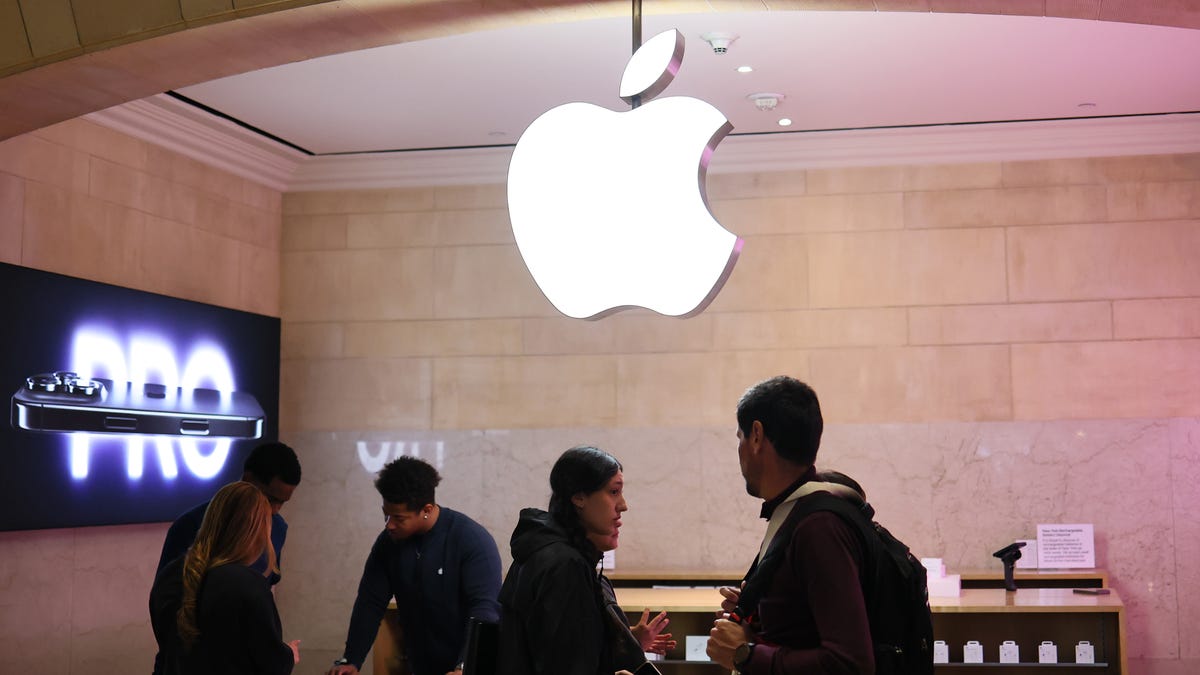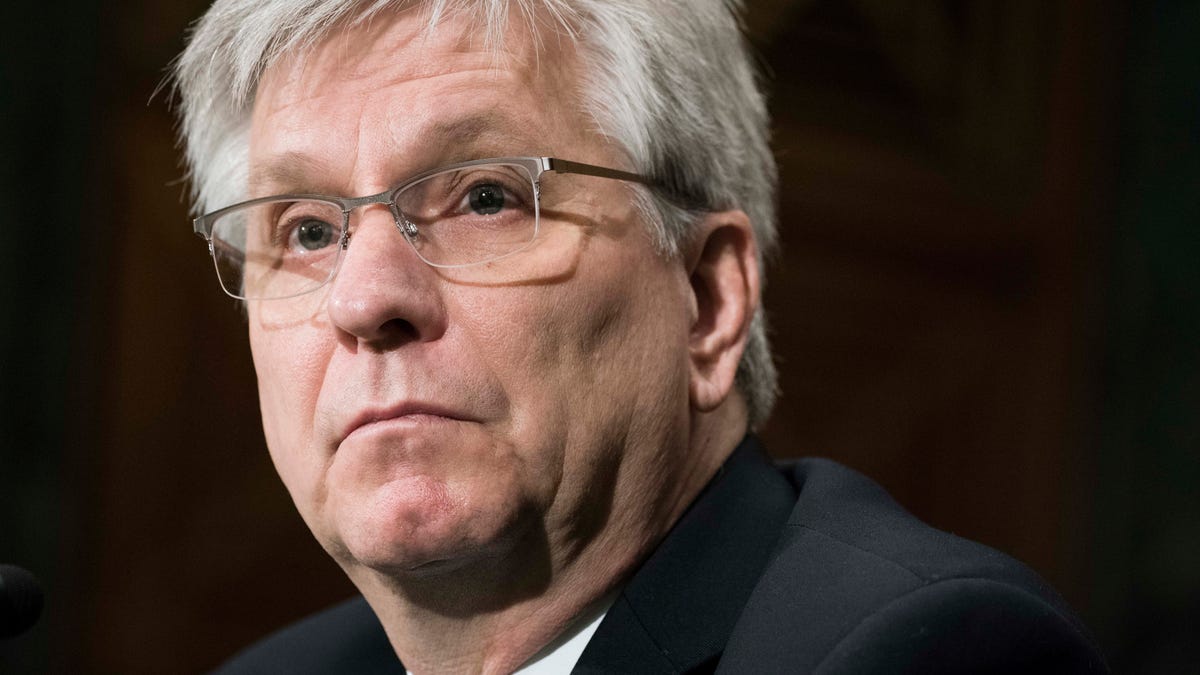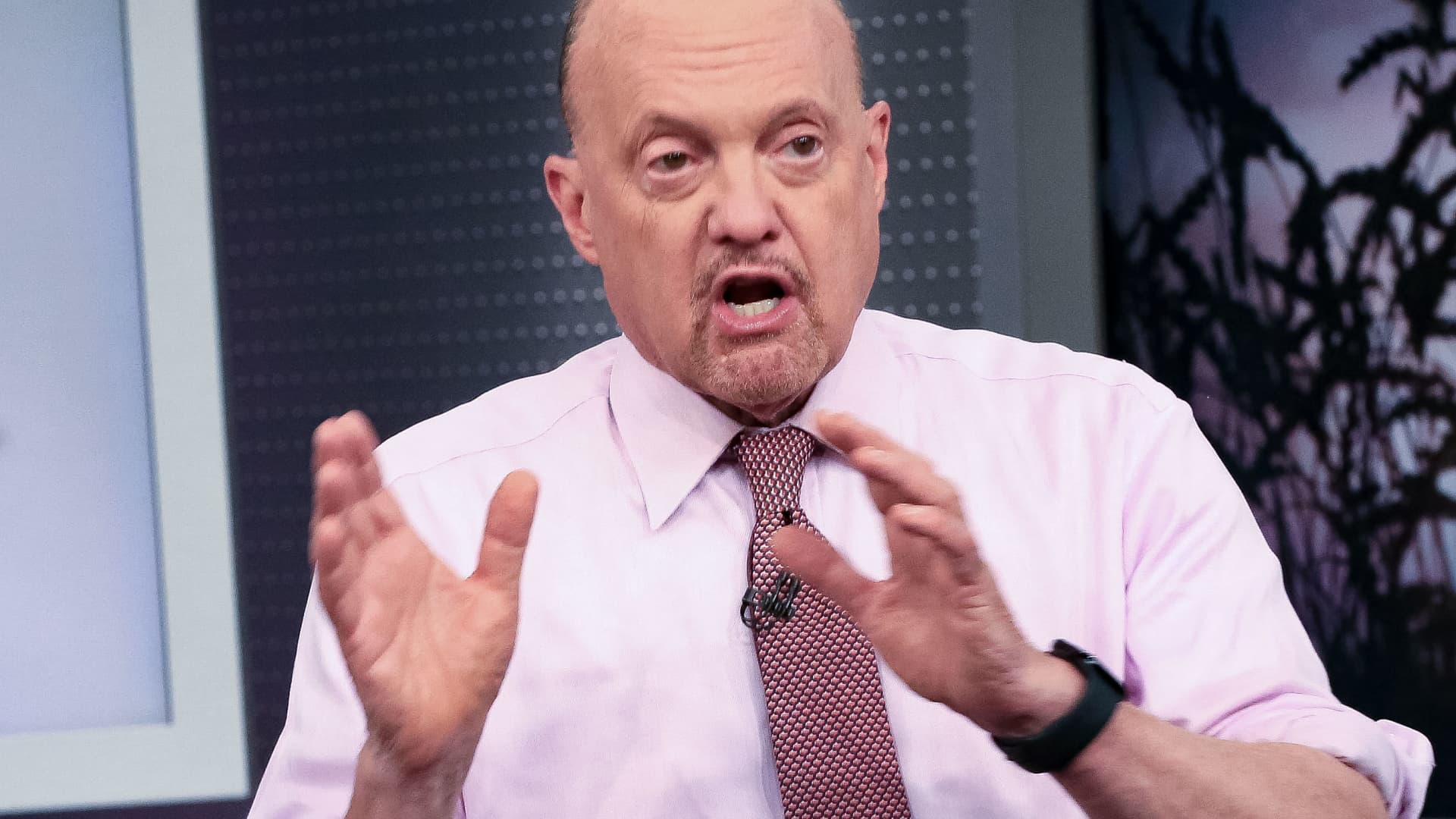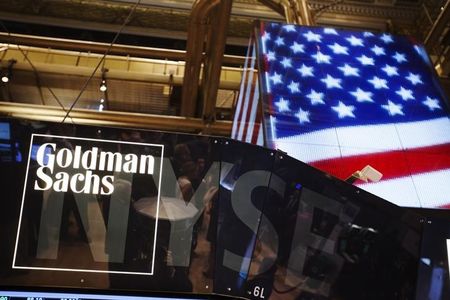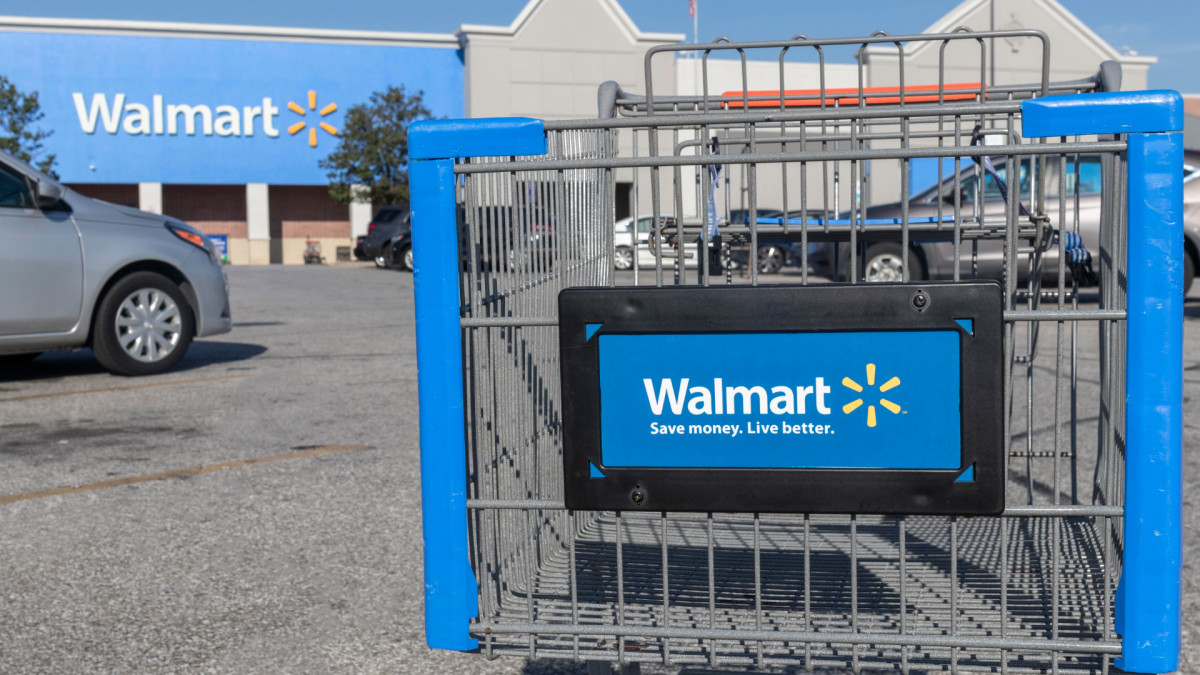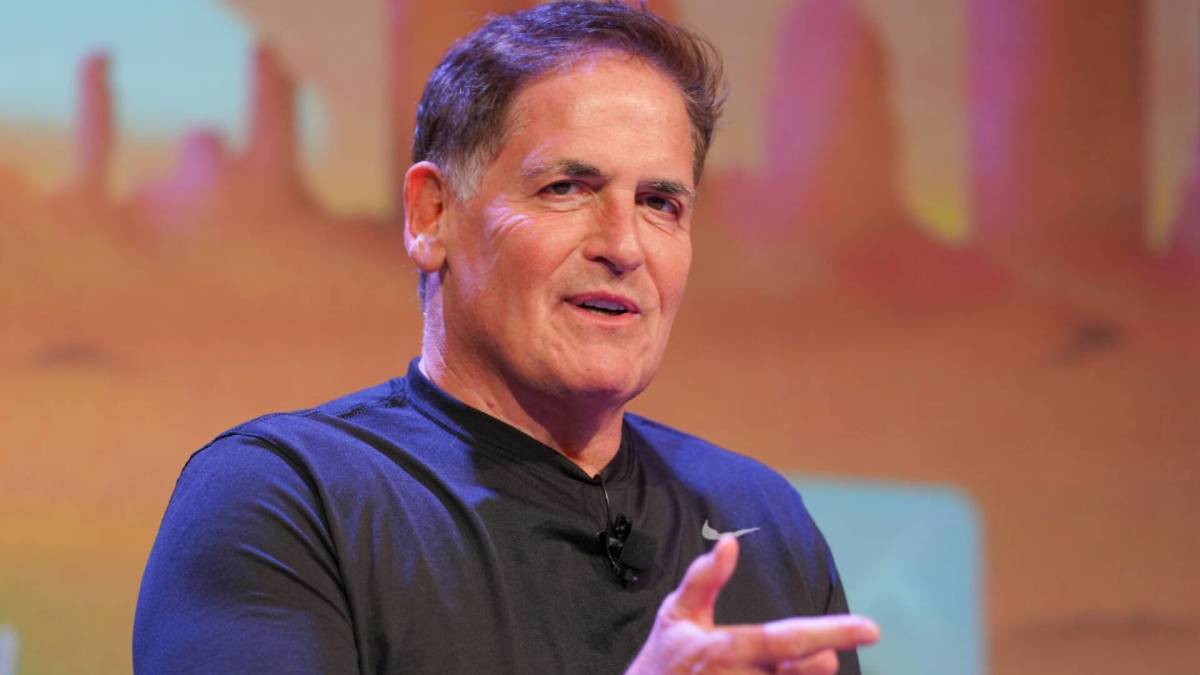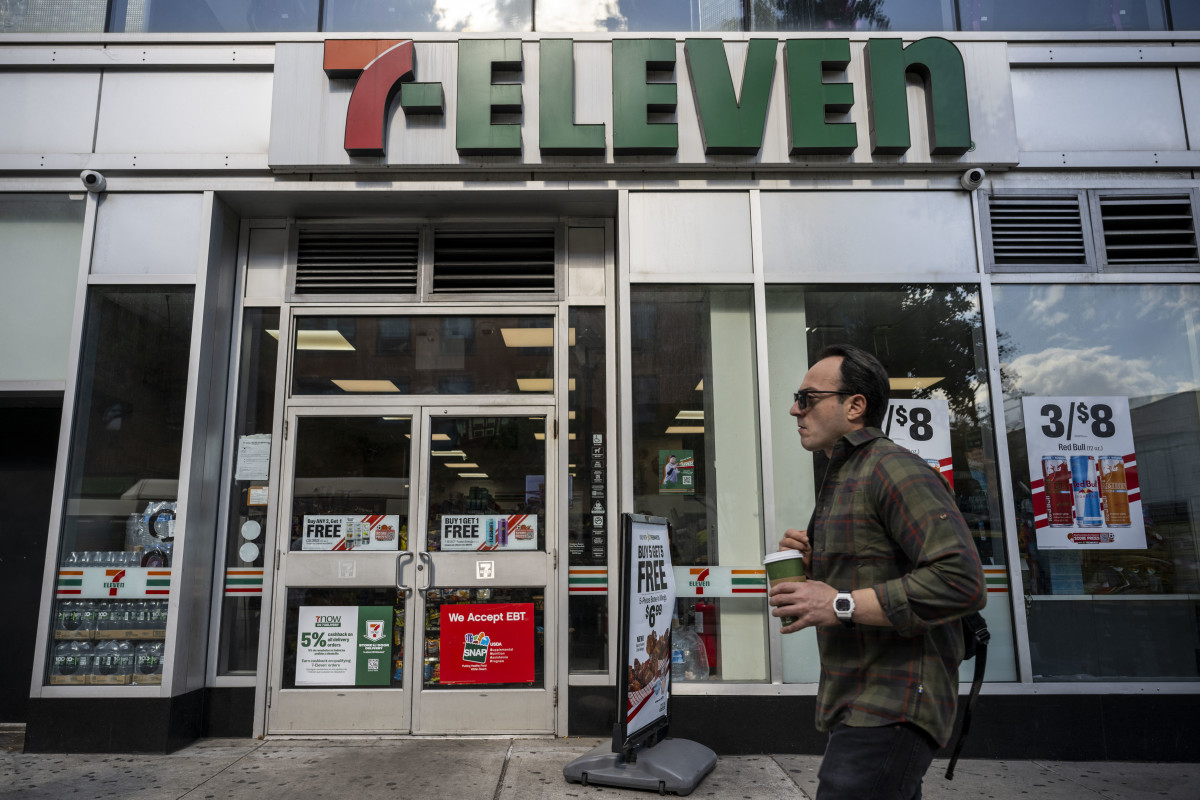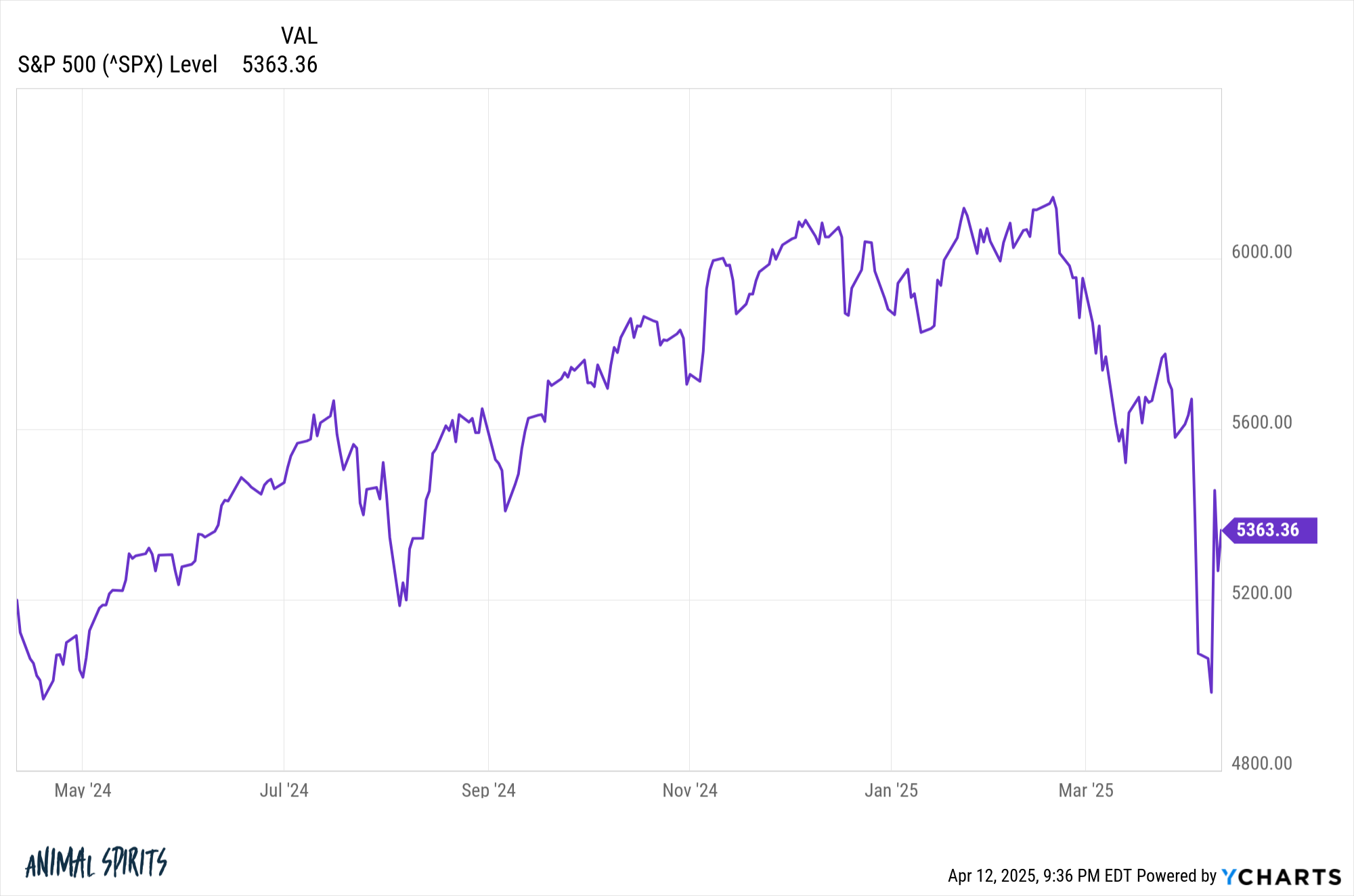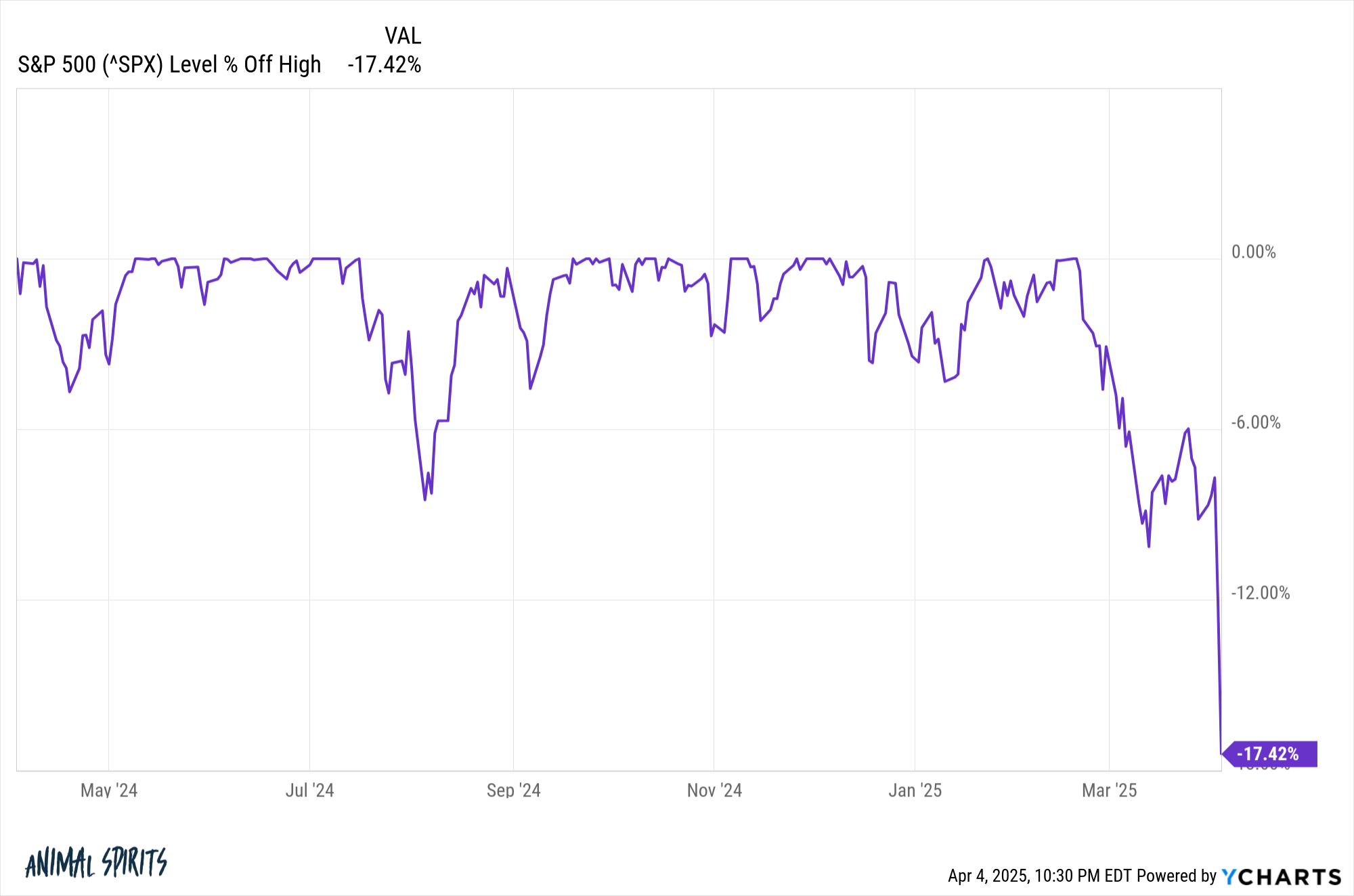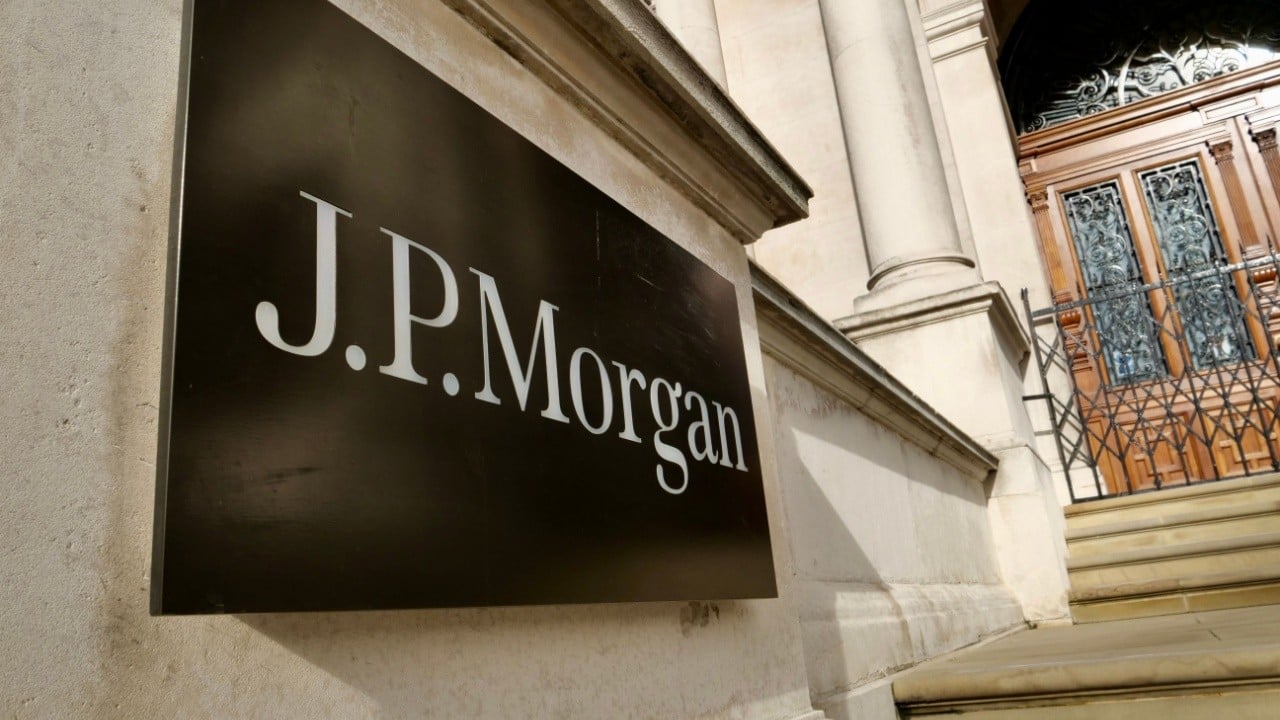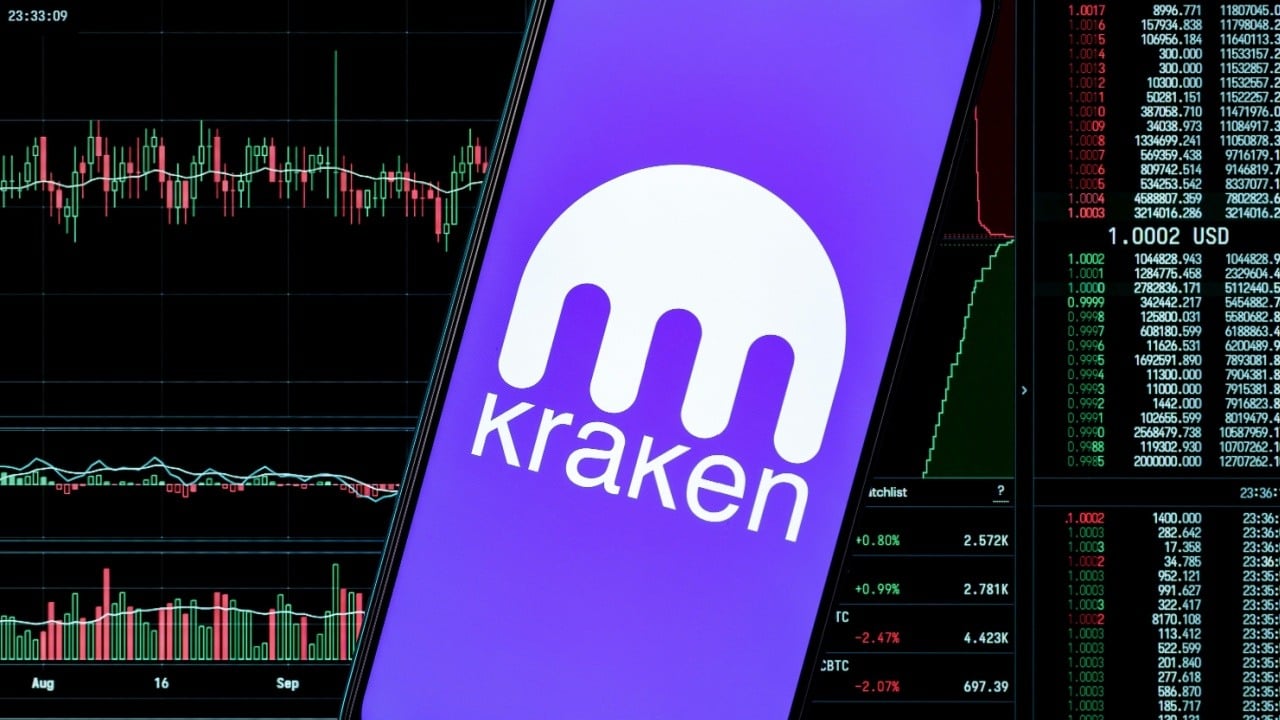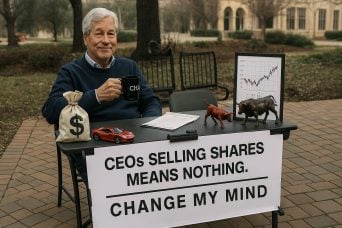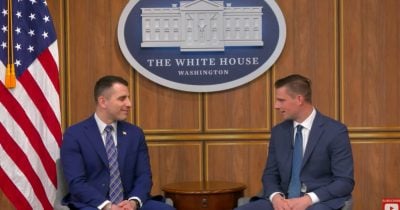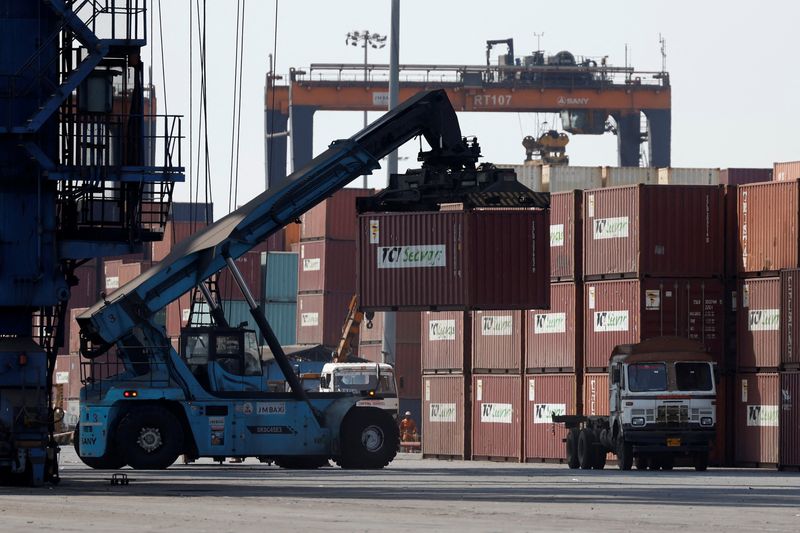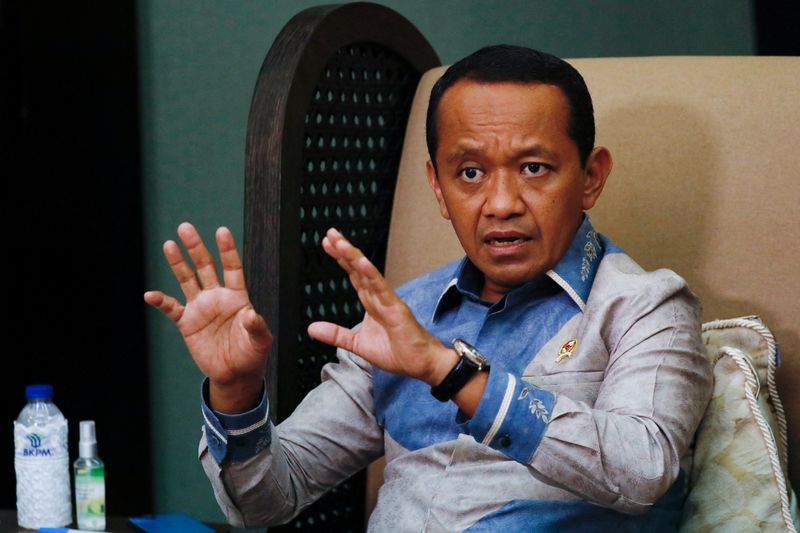Family offices deals were booming but Trump’s tariffs have put an end to that
Family offices are doing more deals worth $25 million or more.

Family offices, the secretive wealth management companies of ultra-rich dynasties, are executing larger, more sophisticated deals than in past years. But depending on the course President Donald Trump takes with his unpopular tariff policies, that trend could stagnate.
In recent years, the number of family offices has swelled and they are fast evolving beyond traditional asset management, according to PwC's newly-released Global Family Office Deals Study, and are "increasingly pursuing more sophisticated investment strategies." The share of deals worth less than $25 million fell from 68% to 60% from 2023 to 2024, while the share priced between $25 million and $100 million increased 3%, and $100 to $500 million deals rose 4%. Though deals still haven't returned to pre-Covid levels, the trend over the past few years has been positive.
As the deals get larger, U.S. family offices are also shifting their assets to direct investments in start-ups, M&A, and private equity. Private equity deals, in particular, have increased substantially from 2020 to 2024, up from 15% of deals to 23%. Families are also more likely to make direct deals, rather than working through investment managers.
"You were seeing interest rates start to come down a little bit, you were seeing consumer confidence that was stabilizing and even rising," says Jonathan Flack, global and US family office leader at PWC. "Those things were getting people comfortable doing larger deal sizes."
One particularly large deal captured headlines in 2024 and illustrates the power and influence of these offices, says Flack. Last year, the Mars family was behind the $36 billion purchase of Kellanova, which owns well-known snack brands like Pringles, Cheez-It, Pop-Tarts, and Rice Krispies Treats, among others, by their privately-owned company, Mars Inc. It was one of the overall biggest of the year.
View this interactive chart on Fortune.com
Though real estate investments as a share of deal volume is down significantly over the past decade, it rebounded slightly in 2023 and 2024, which Flack credits to rising interest rates. Because these wealthy families don't need to rely on mortgages to finance real estate purchases—they will just buy them in cash outright—they were able to source some good deals as other buyers were priced out. And buying multifamily properties, for example, gets them a little more cashflow, he says.
"We view family capital as an asset class of its own," says Flack, who notes global billionaire families have around the same, if not more, capital than private equity and venture capital firms.
That said, PwC has seen deals slowing down in 2025, as wealthy investors and financial institutions around the world take a wait-and-see approach to Trump's tariff policies. Activity all but came to a standstill in the first quarter, says Flack. It is unlikely that the cadence will pick up enough throughout the rest of the year to beat last year's activity, even if Trump backs off completely.
That's a big change from PwC's expectations just a few months ago. Going into 2025, the firm expected both deal value and deal volume would be higher than last year given easing inflation, potentially lower interest rates, and rising consumer and executive confidence. Now all three of those elements are in doubt.
"We're three months into the year, and we're not seeing easing inflation, we're not seeing lower interest rates, and we're actually seeing consumer and executive confidence go down and not rise," he says. "So the three major factors that we thought that would bolster 2025 activity are actually going in a different direction."
Data from Dealogic shows the deal total for 2025 has fallen to a 20-year low.
"That's staggering, that's a big hole to try to fill over the remaining months of the year," he says. "Clients are saying we need to sit and wait and let's see what the administration plans."
Increased institutionalization
Despite the tariff headwinds, Flack expects family offices to continue to seek larger and more sophisticated deals. And as they do, they will continue to strengthen their operational infrastructure. That includes hiring more employees with sector and industry expertise to manage the increased complexity, increasing due diligence, and implementing enhanced security measures.
It's another indication that family offices are institutionalizing. Gone are the days of a few accountants working with the family patriarch, says Jake Miller, co-founder of private markets platform Opto Investments, which works single-family offices (SFOs) and multi-family offices (MFOs).
"Teams are growing as the structure and the wealth become more complex, as investments mature, as mandates expand," says Miller. The families are treating the offices "more like a business."
That will only accelerate as billionaire families capture more and more wealth, and as younger generations take over for older generations (and often the ones who generated the wealth to begin with). As this occurs, Miller advises family office founders to put official processes in place ito ensure that their wishes and expectations are respected.
PwC's report also shows that club deals—co-investments with trusted partners—are the dominant investment model for family offices, comprising over 70% of U.S. family office transactions. This tracks with what Miller has observed working with SFOs and MFOs. Connecting with like-minded firms that share values and investment principles but operate in different spaces is a major consideration.
"It's a real growing area of interest," he says.
To learn more about how famous billionaires using their family offices, read Inside the secretive finance centers that cater to billionaires like Jeff Bezos and the Walton family
This story was originally featured on Fortune.com





